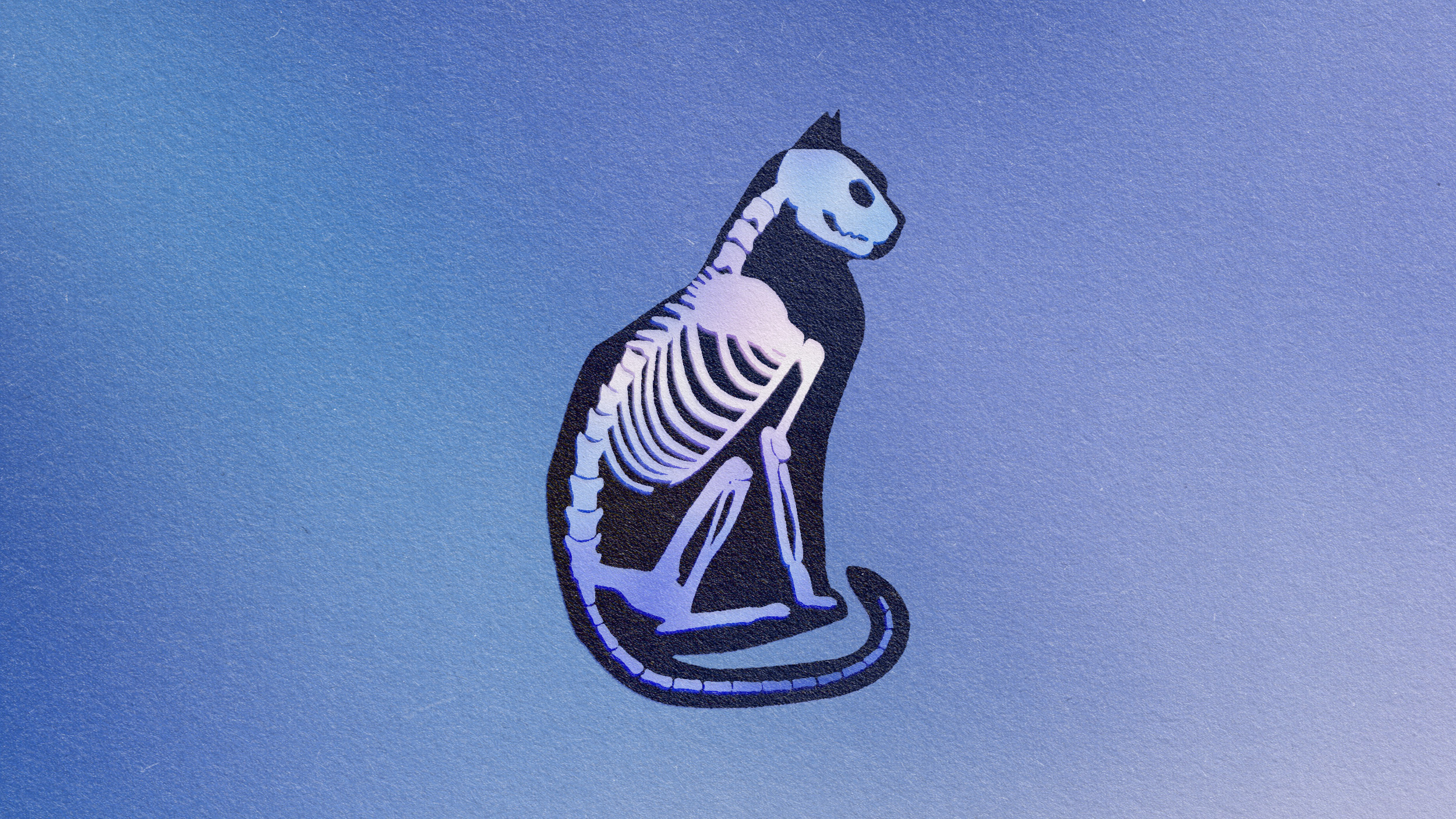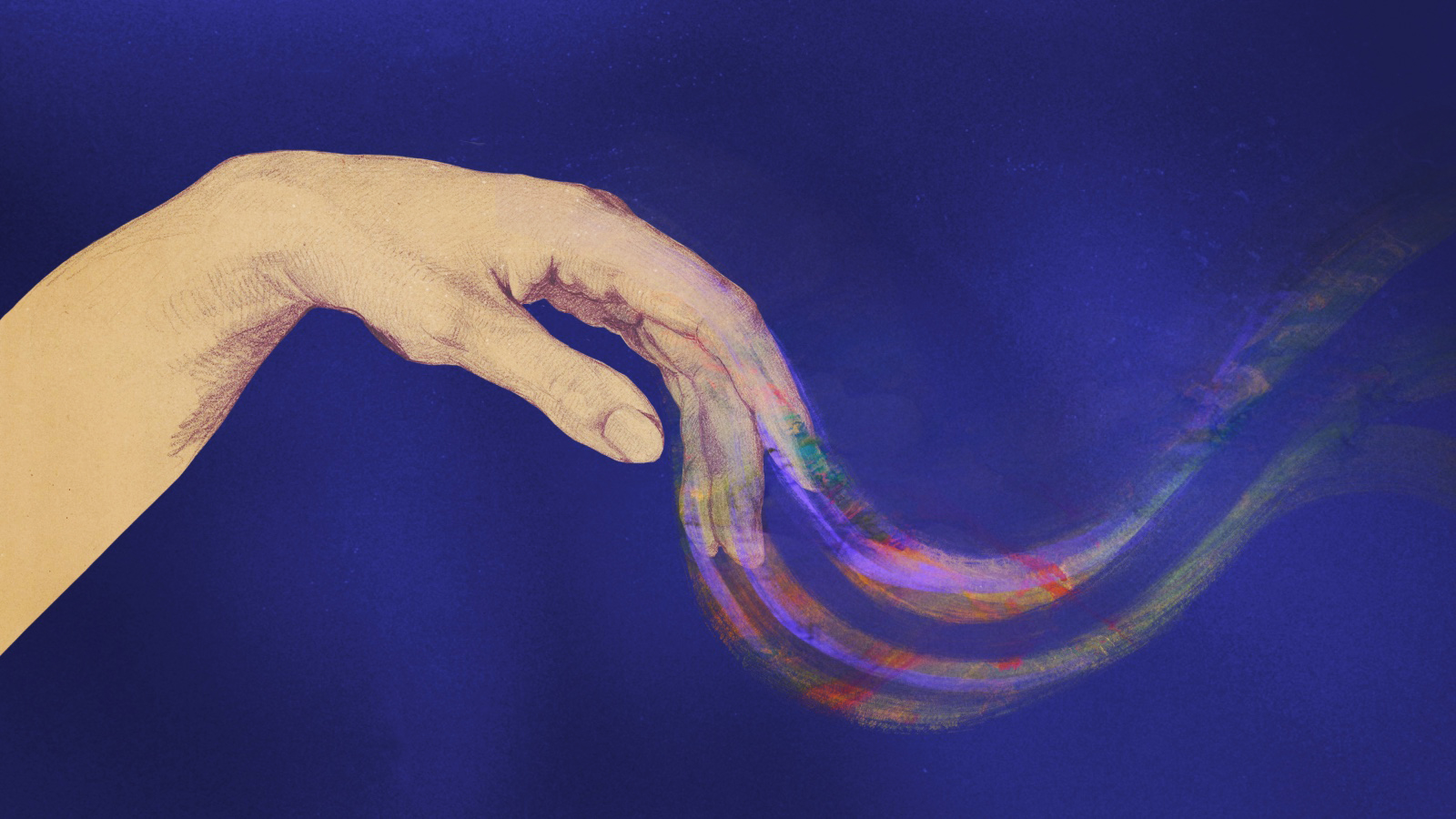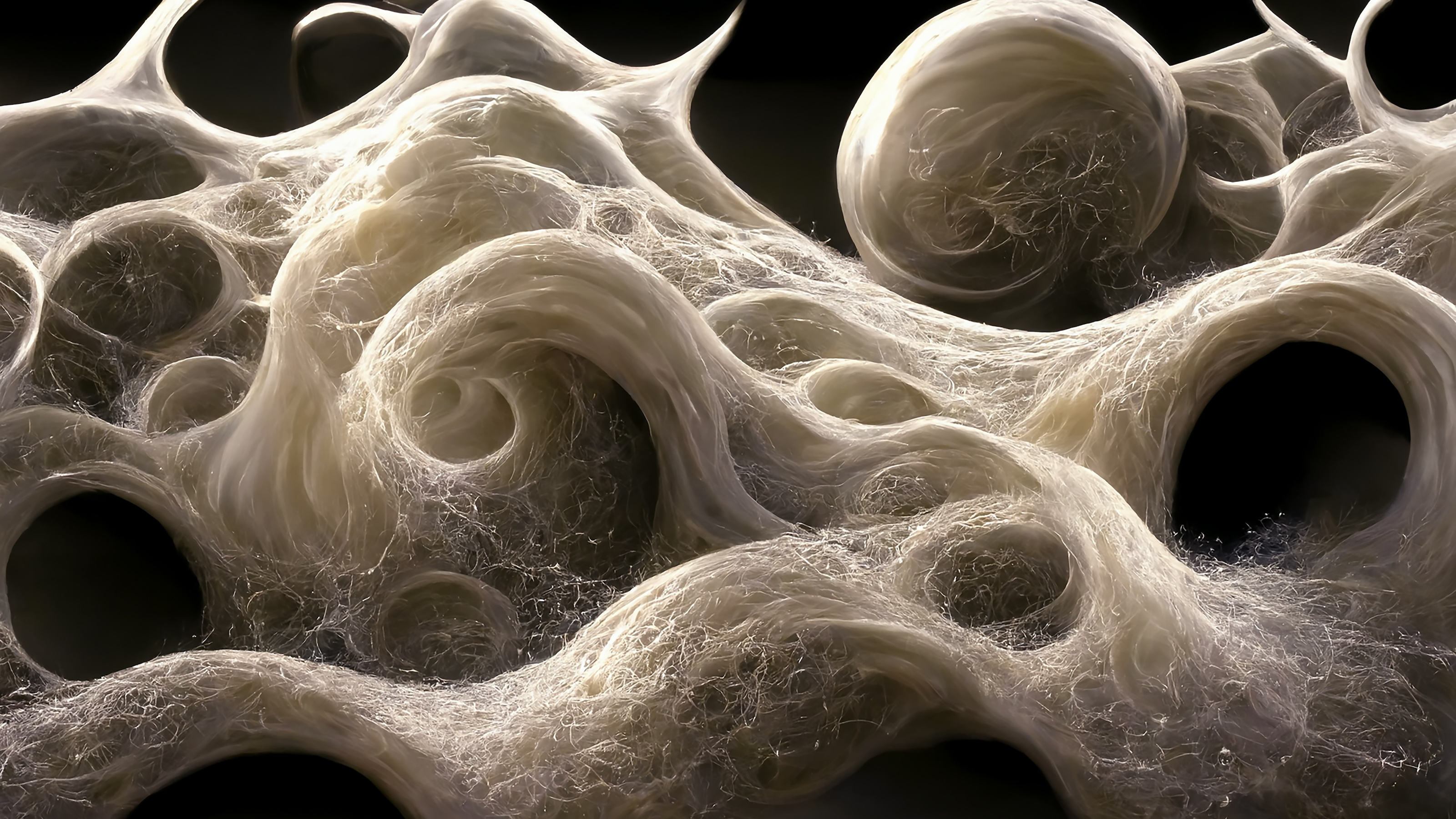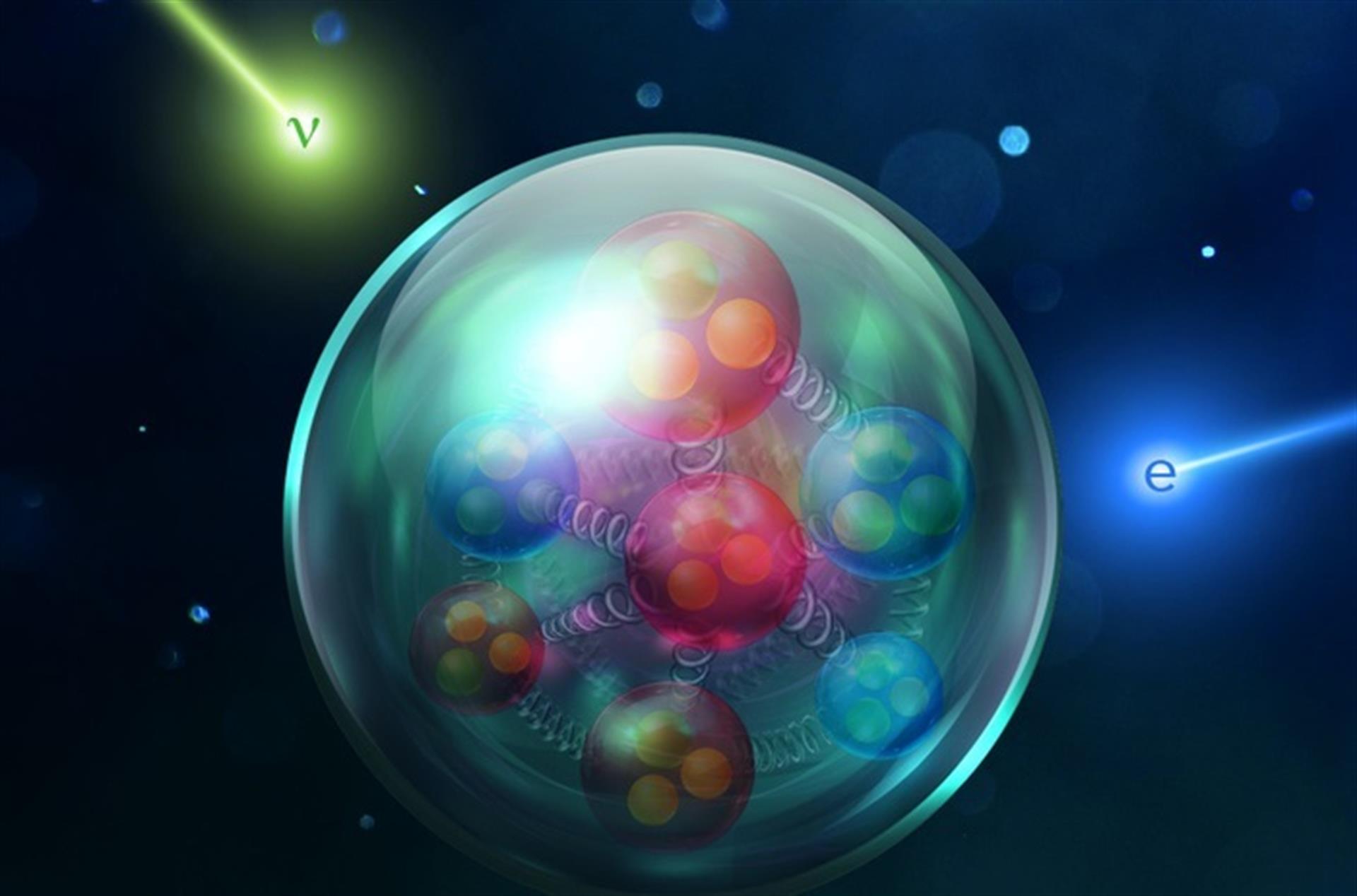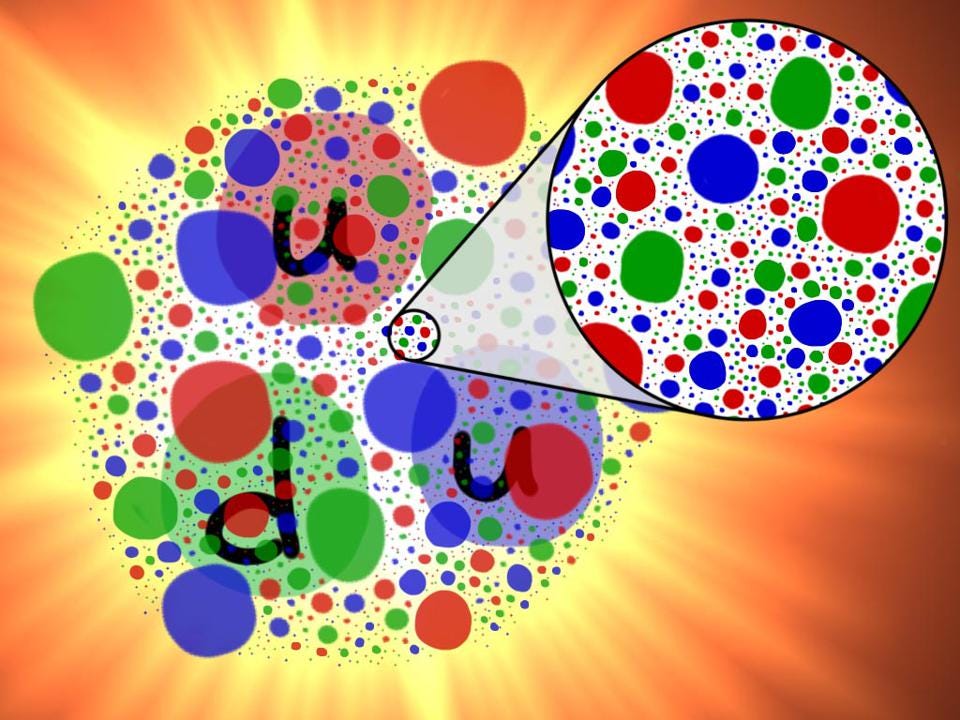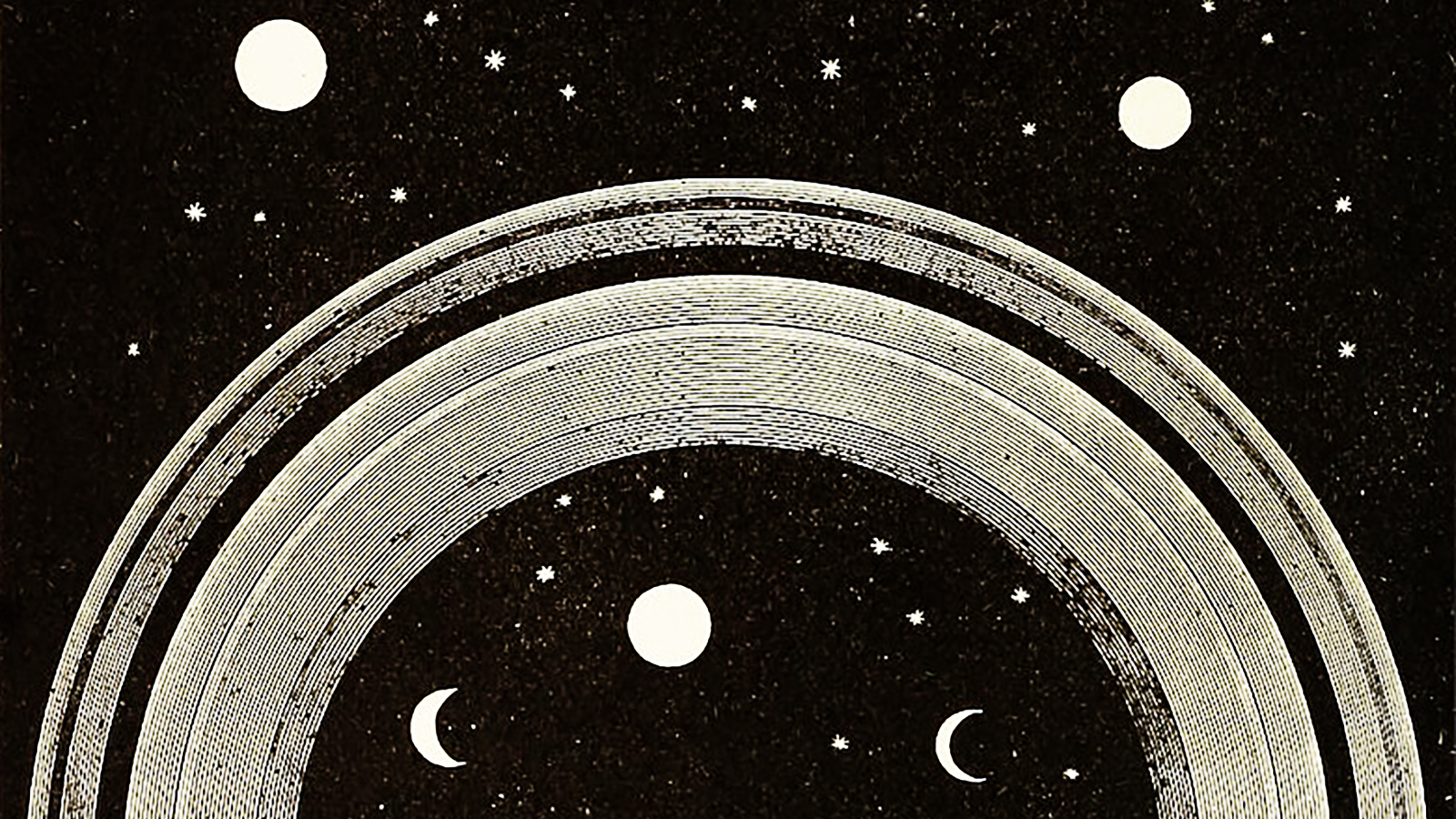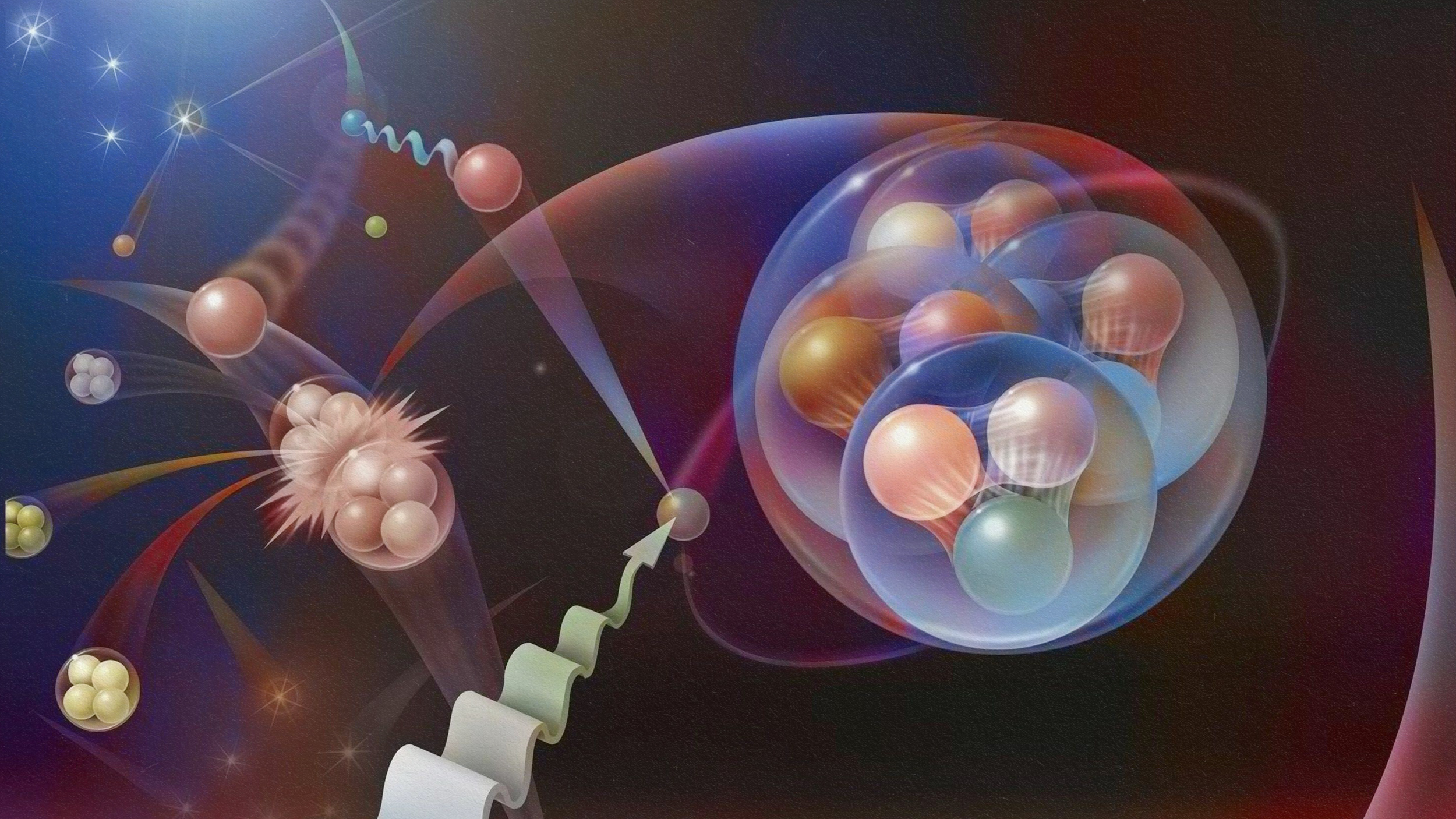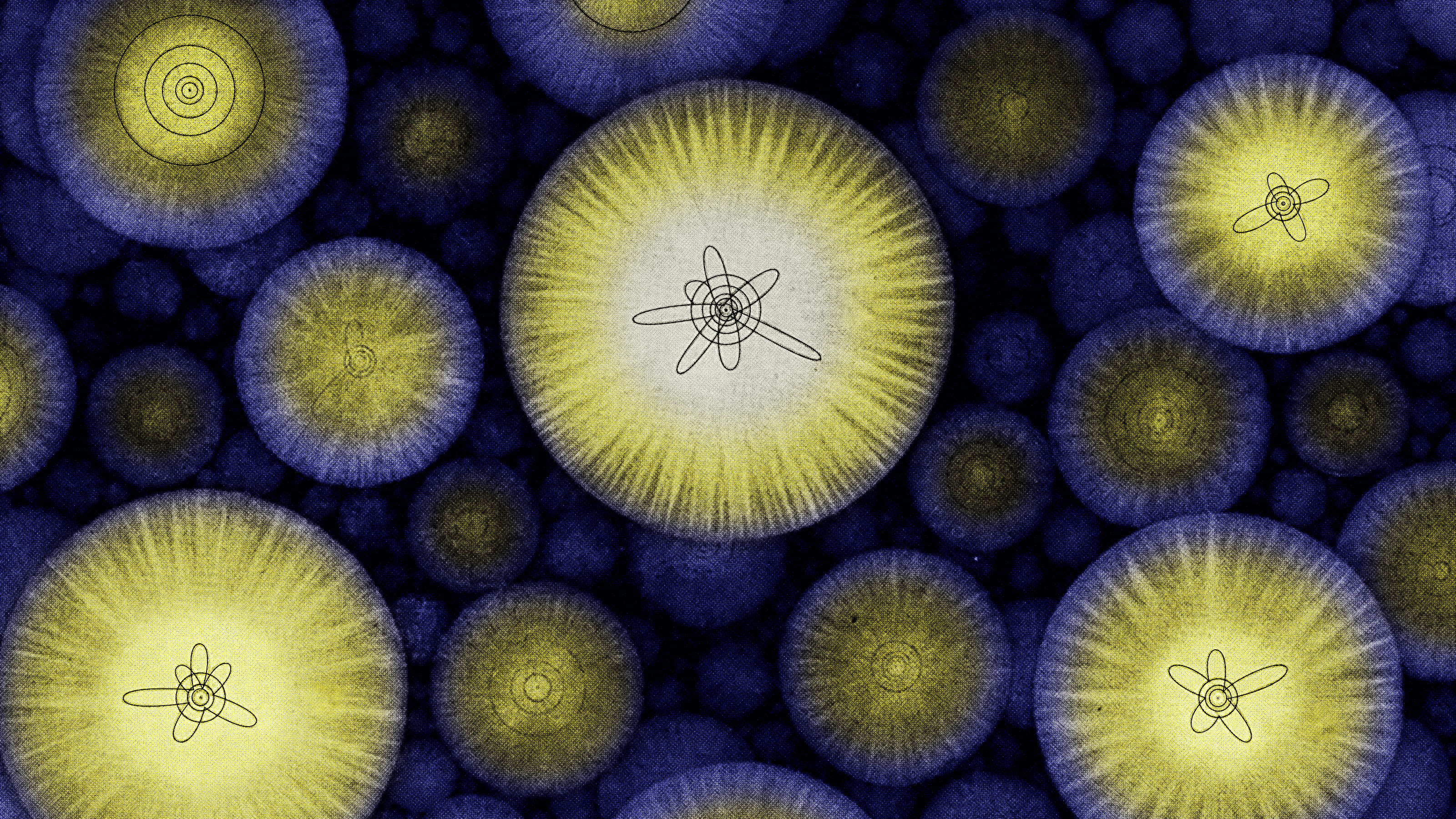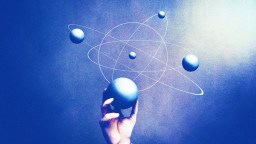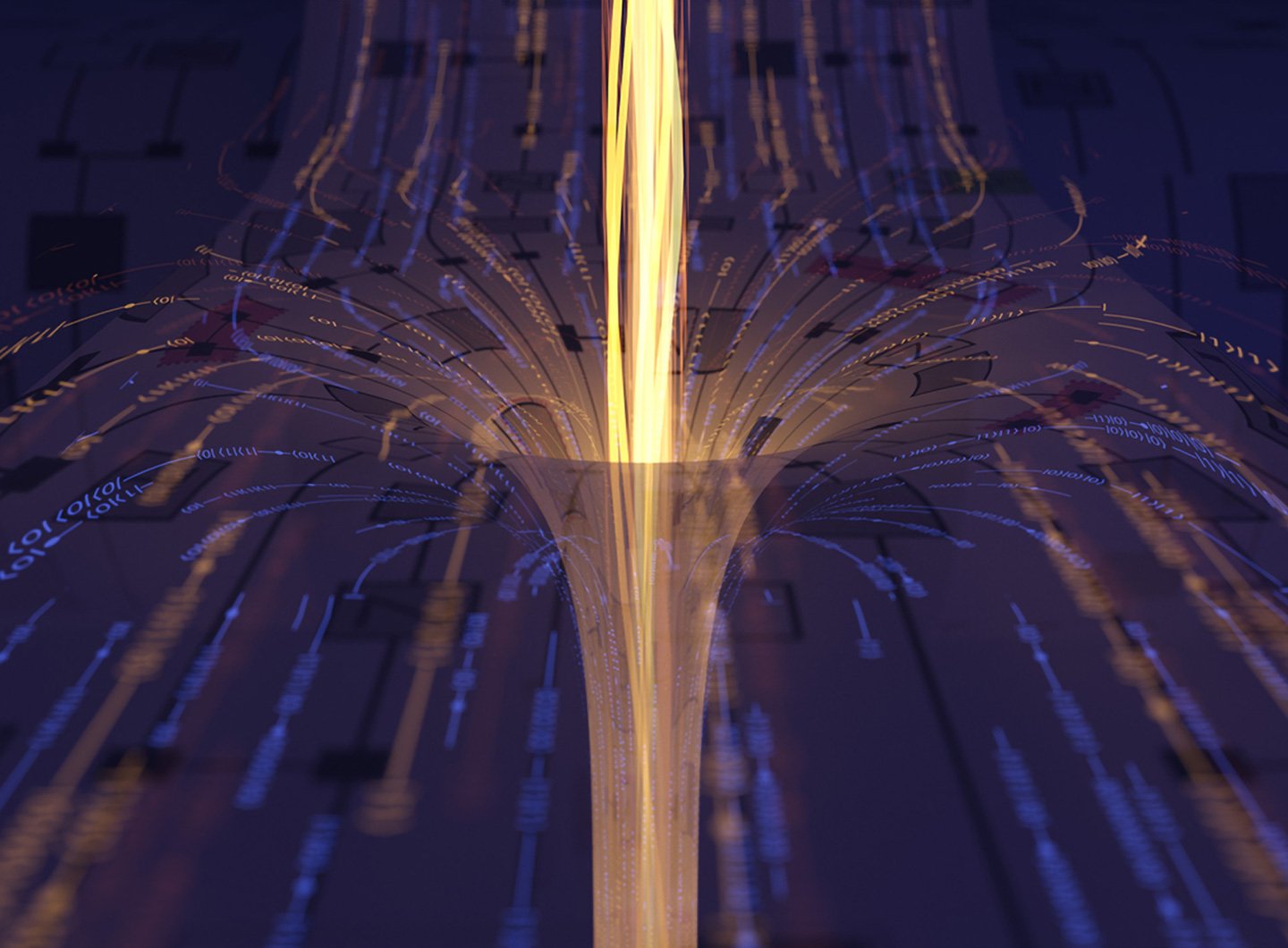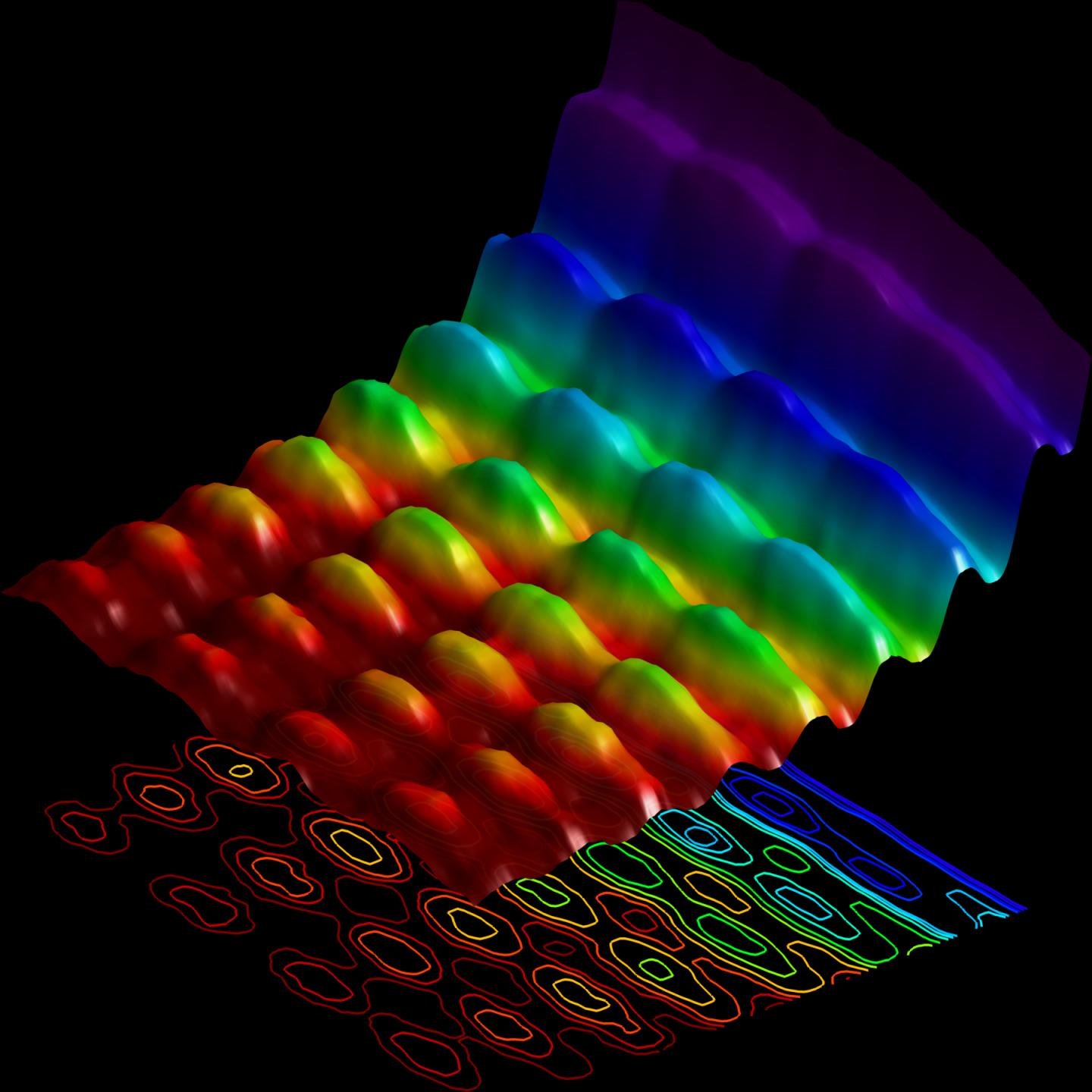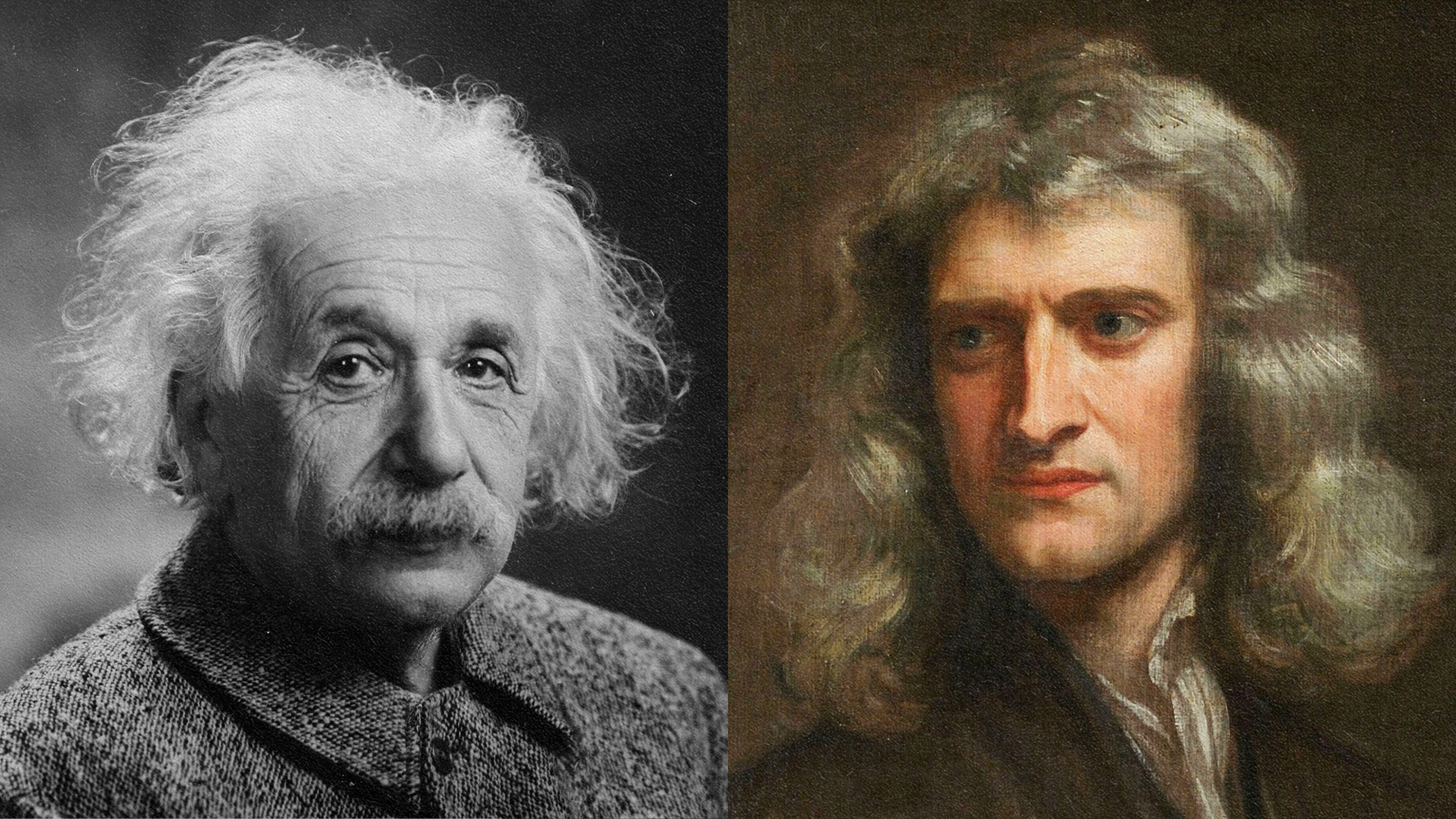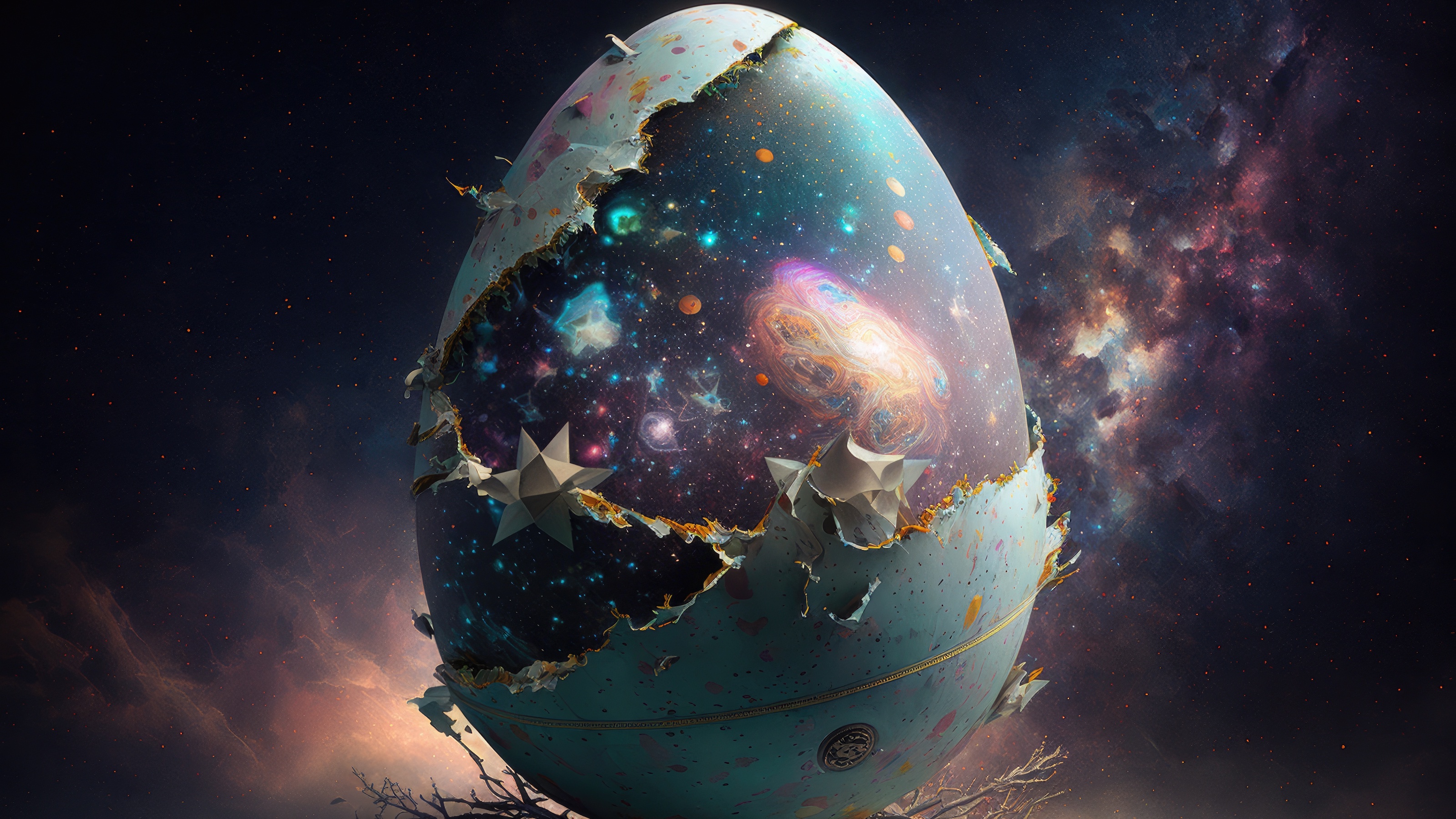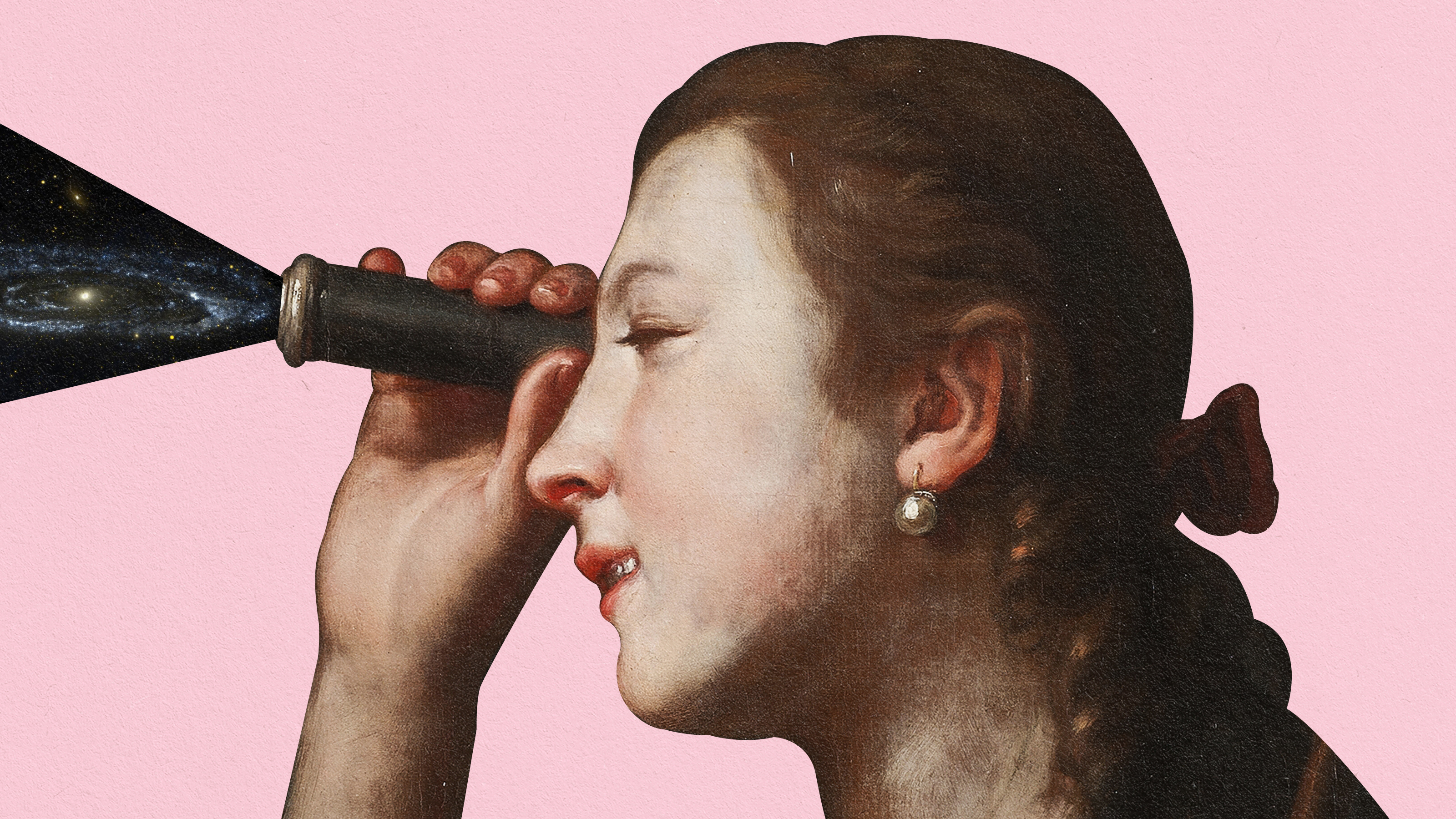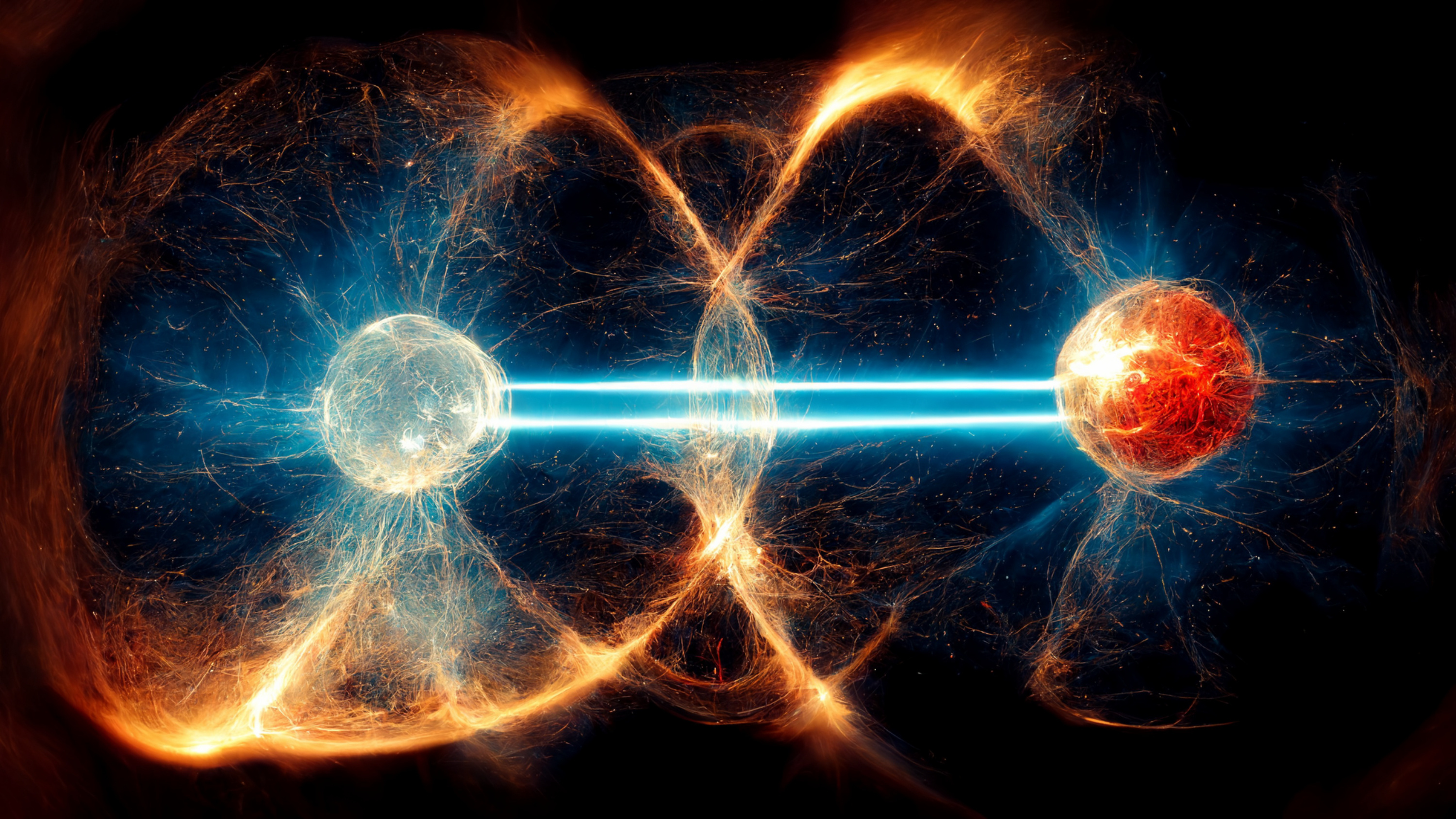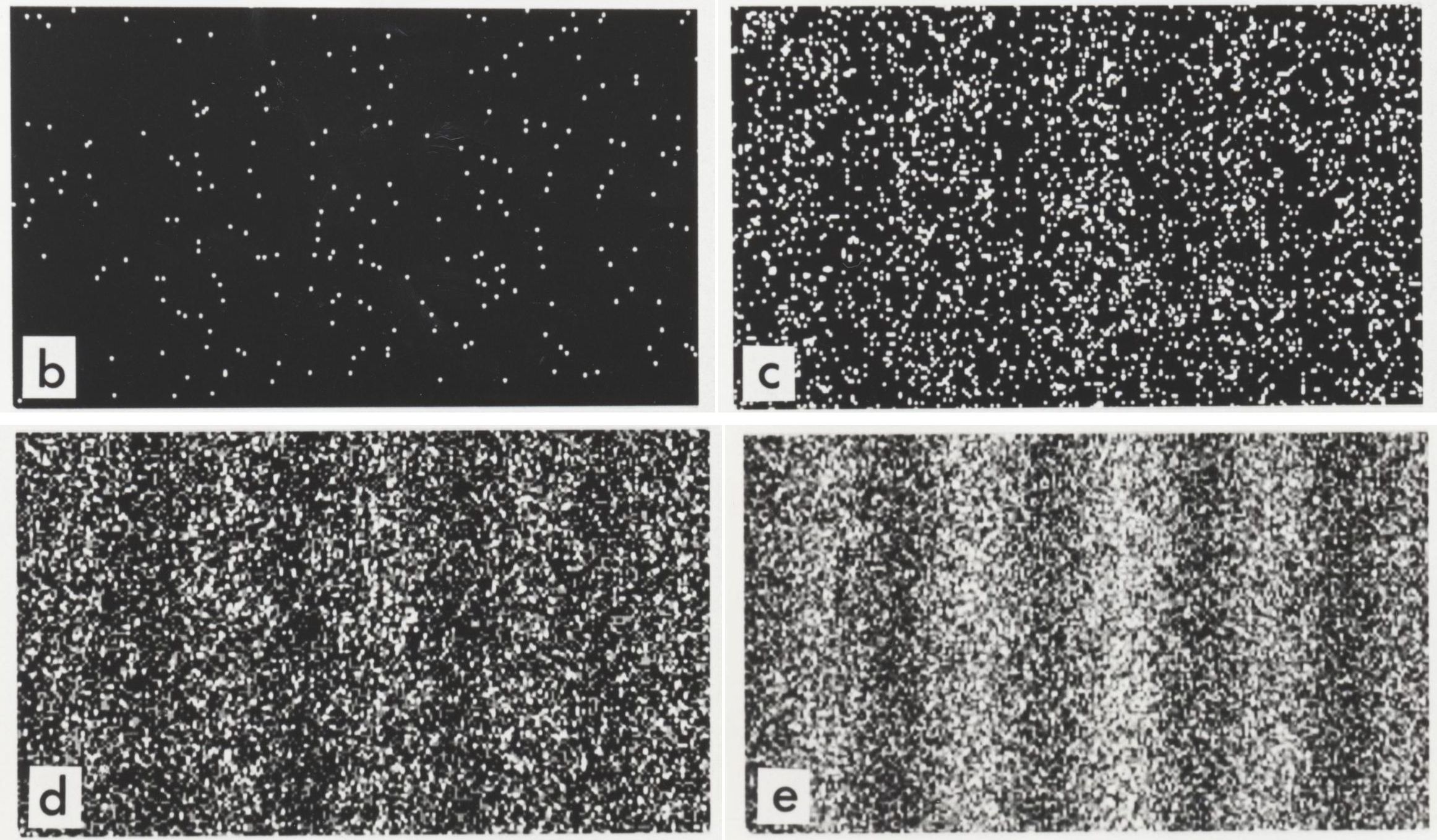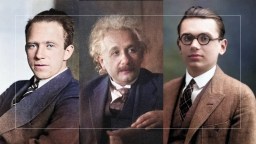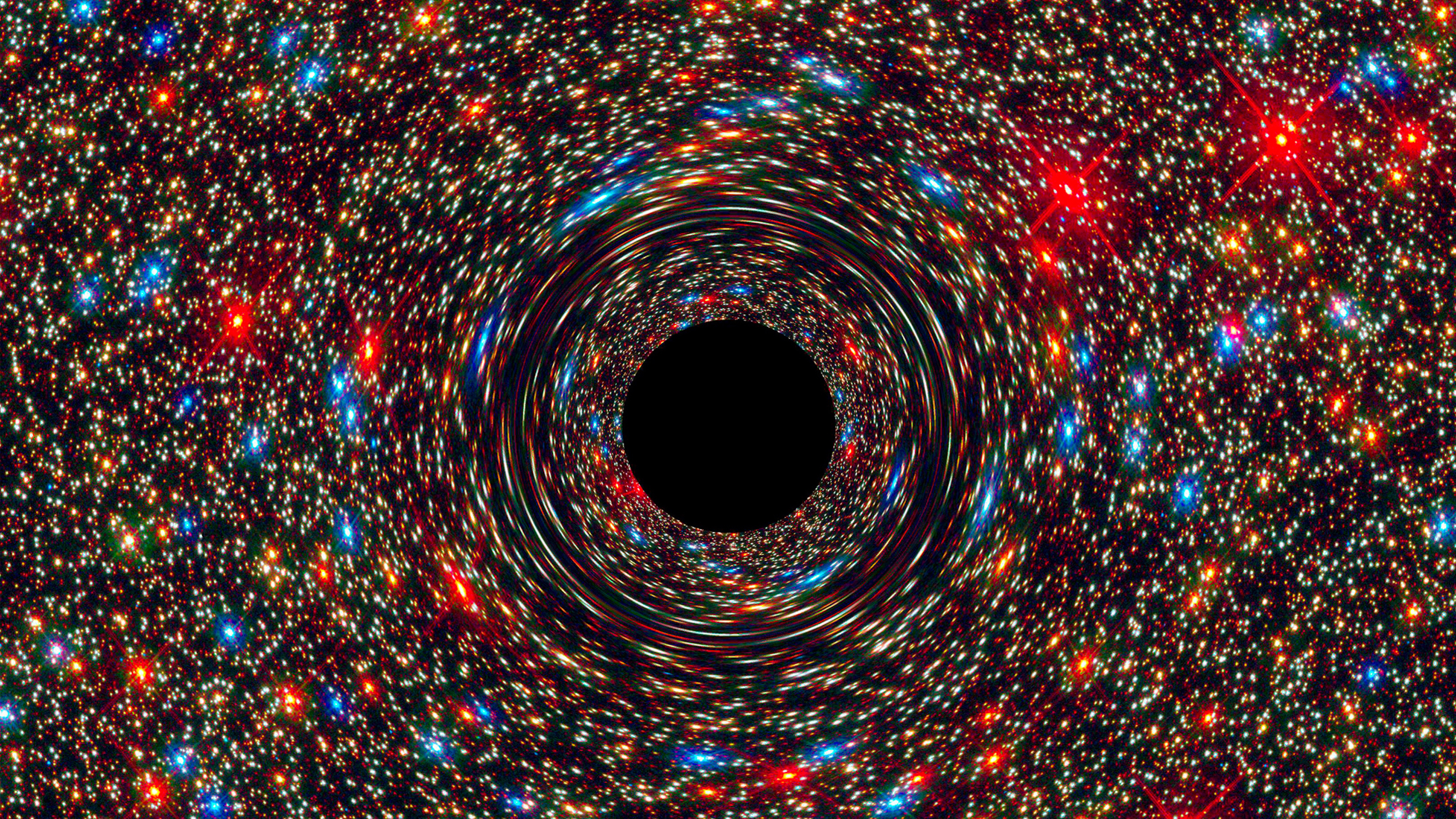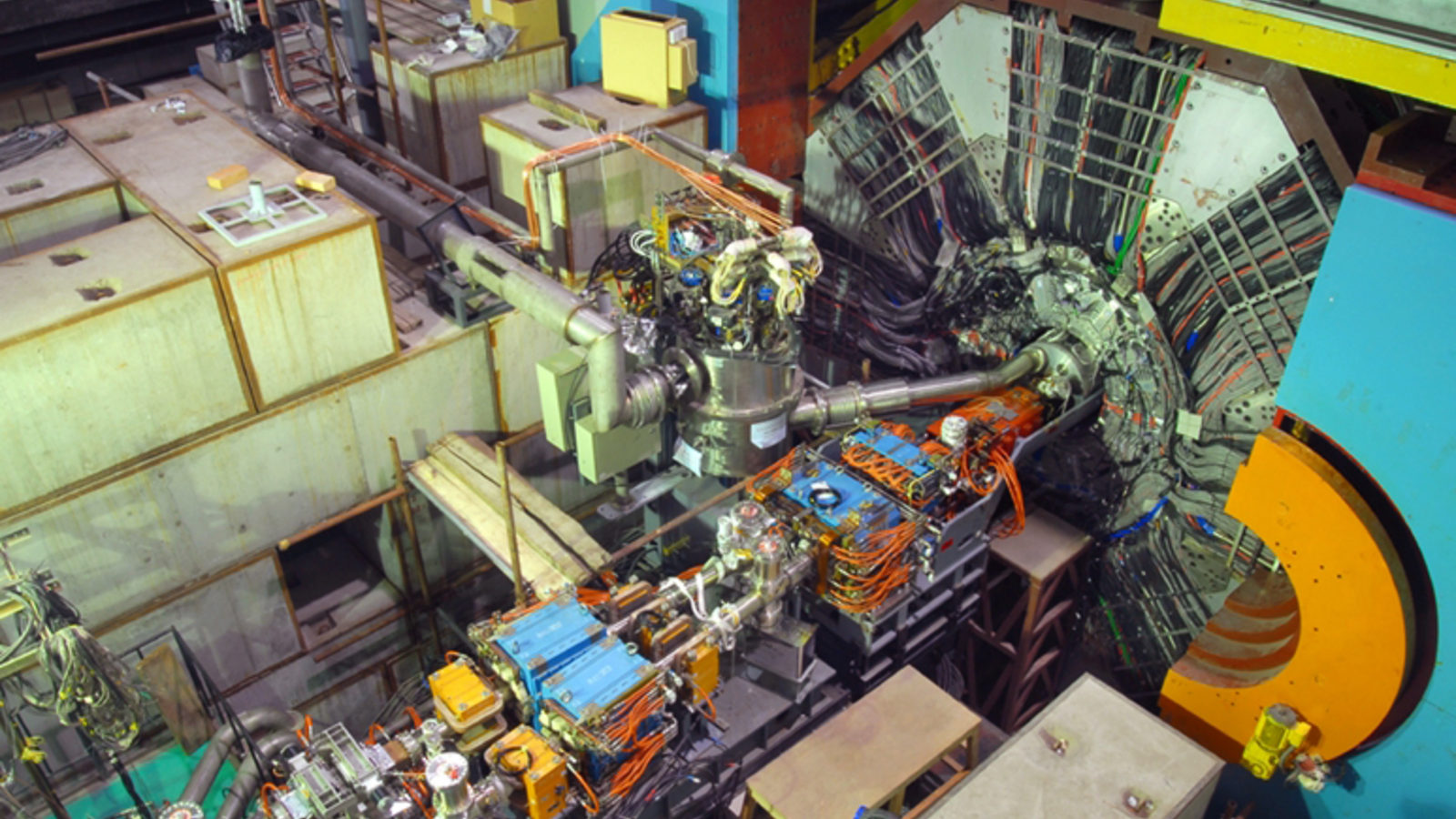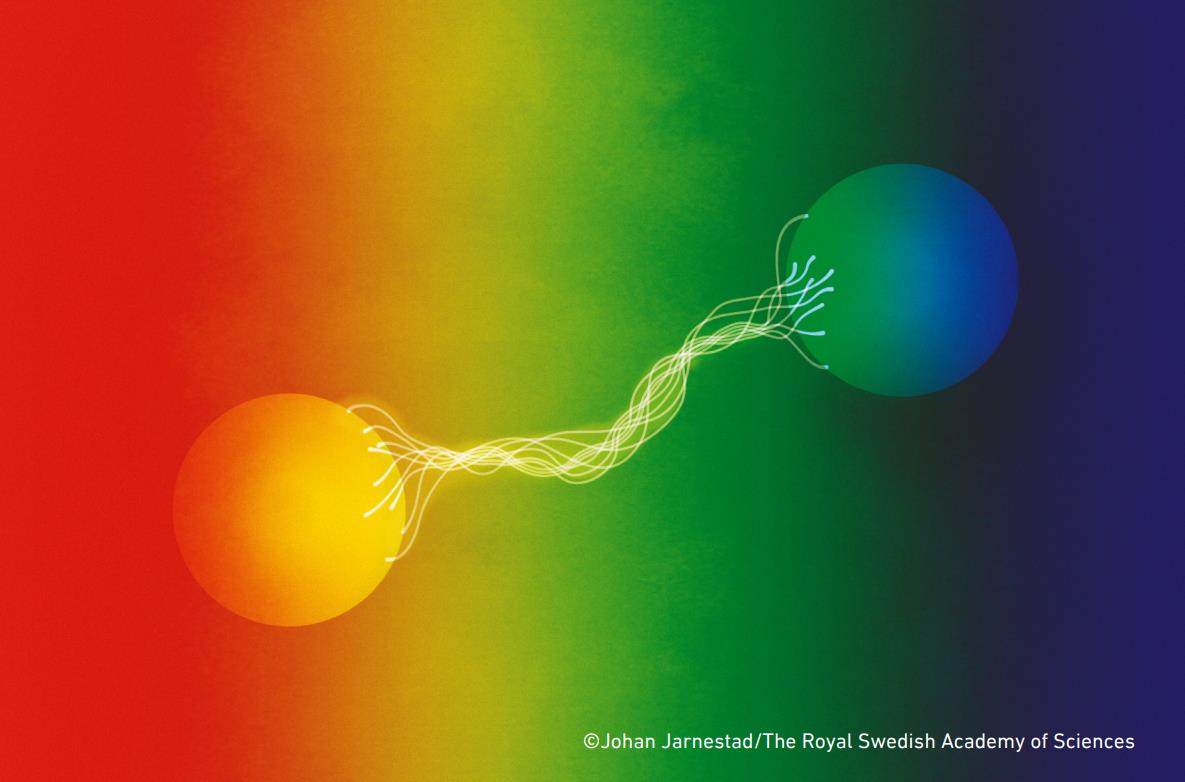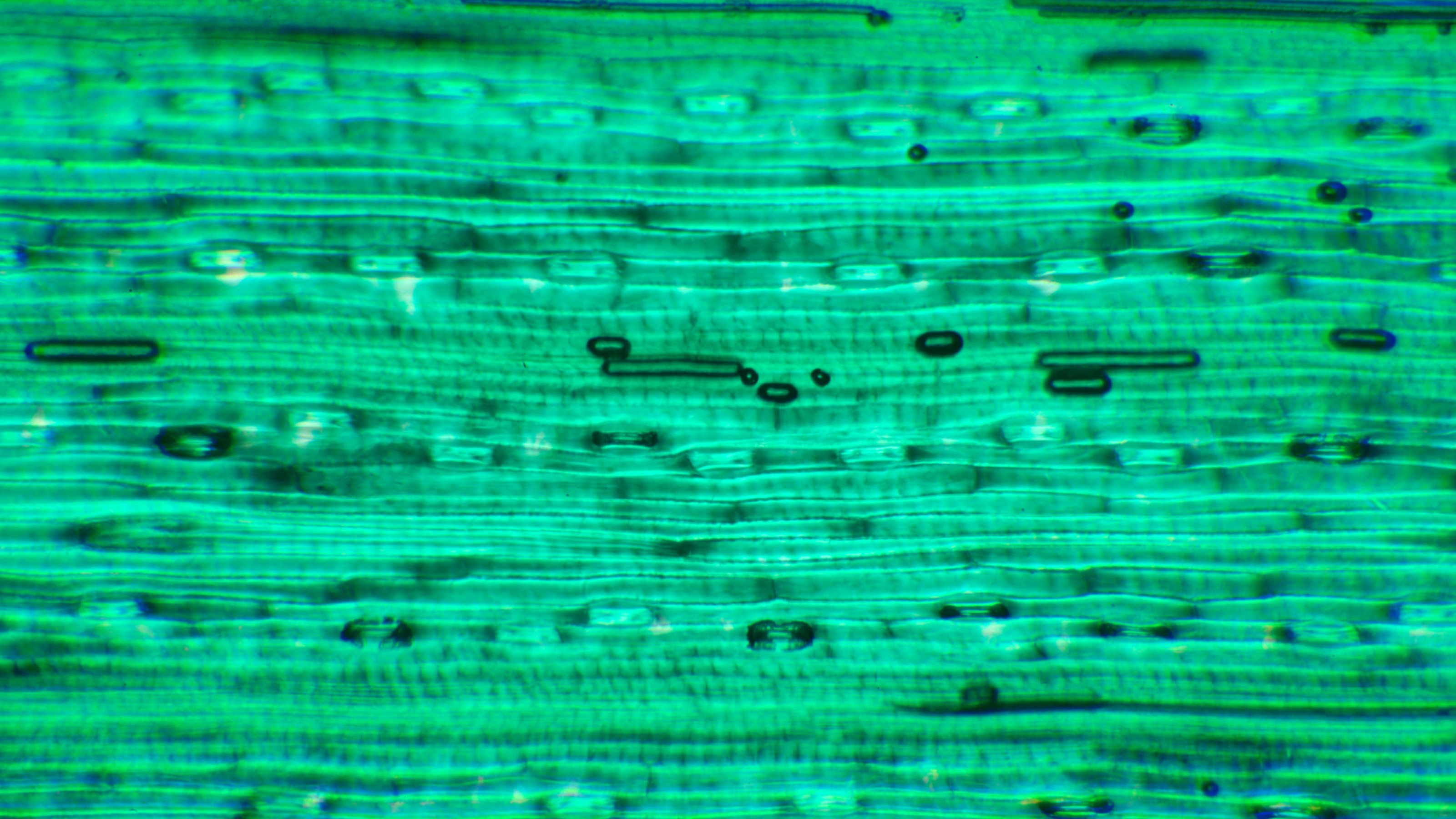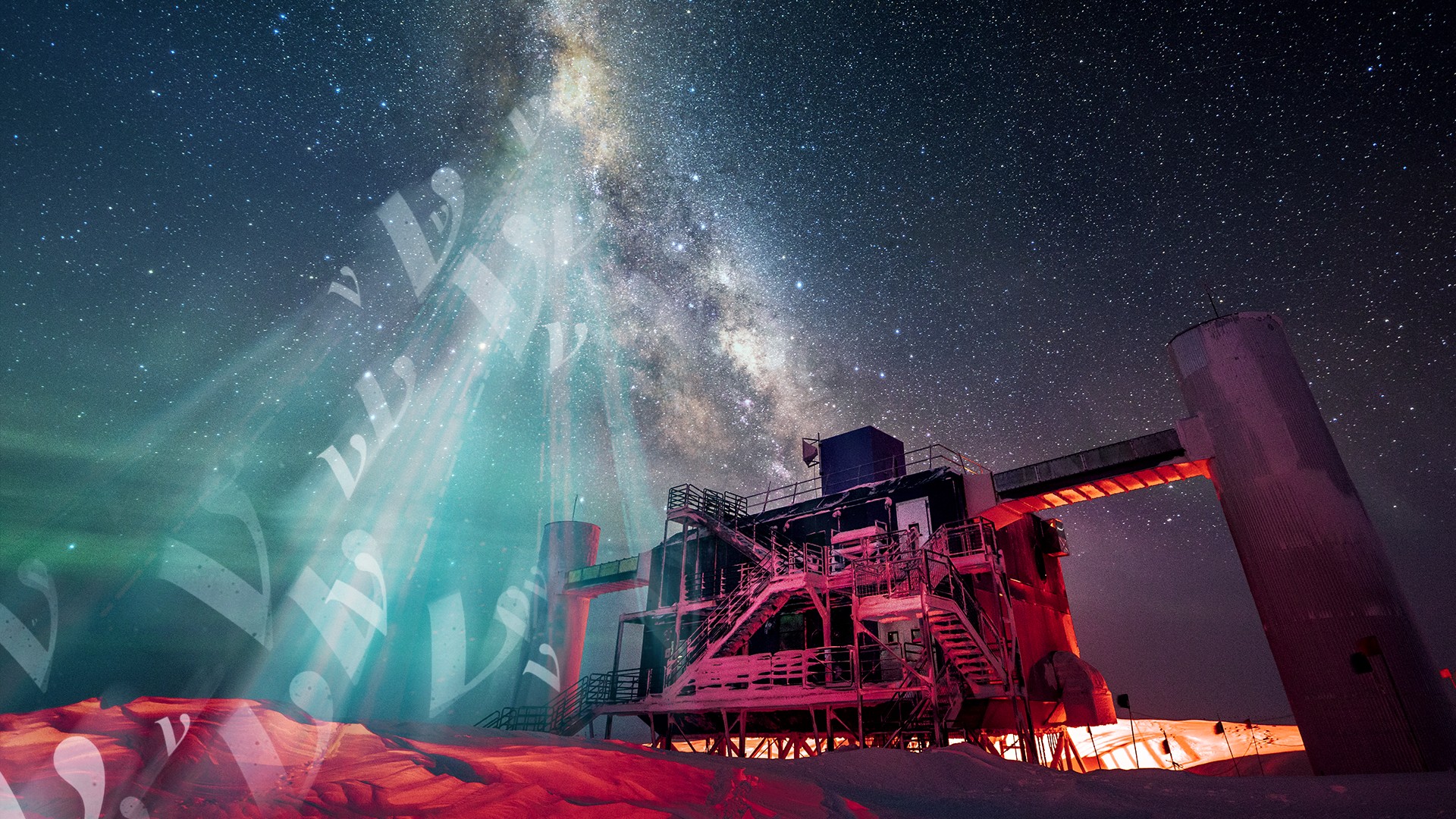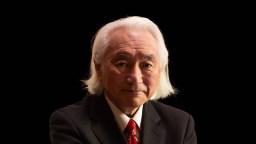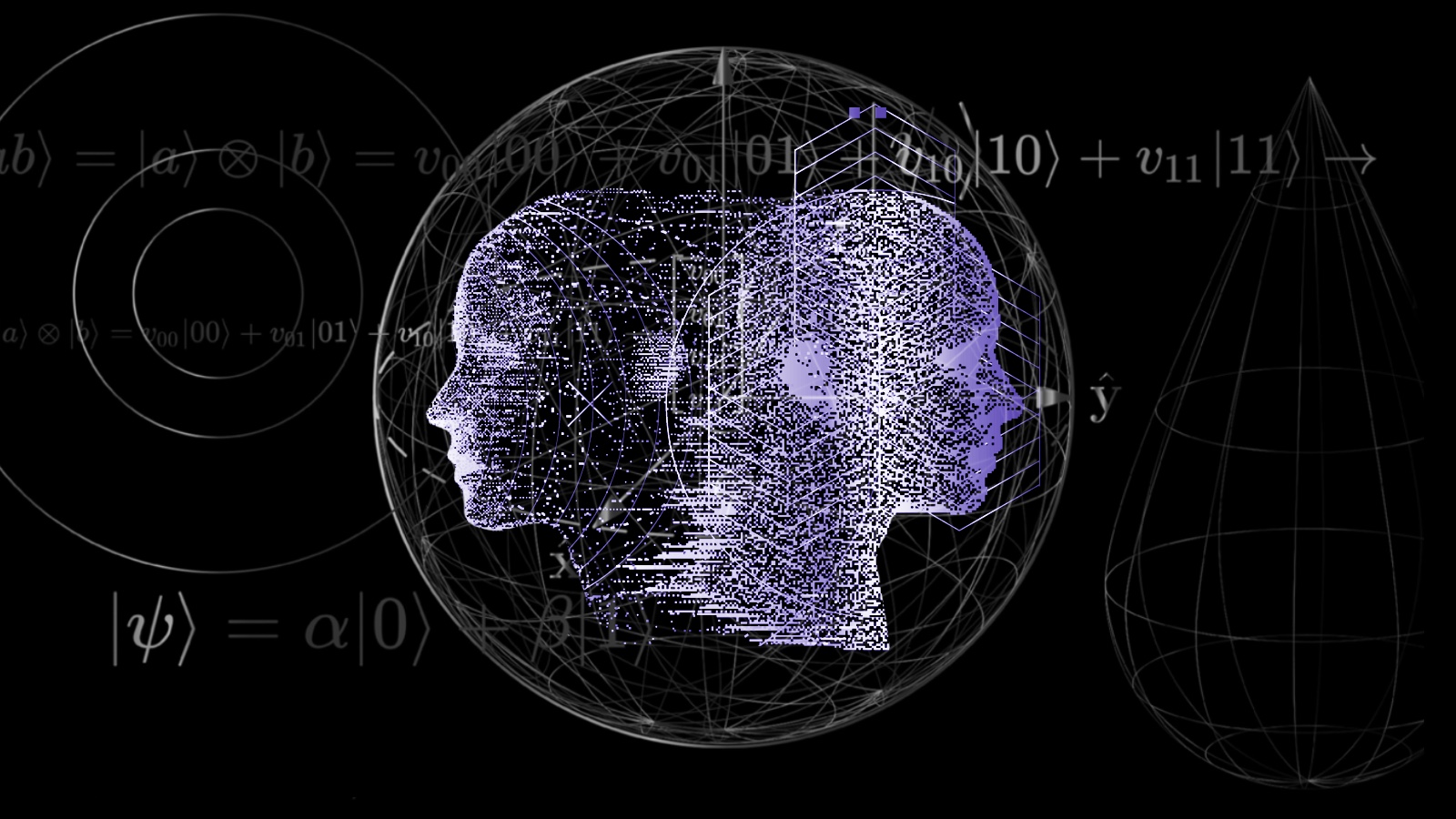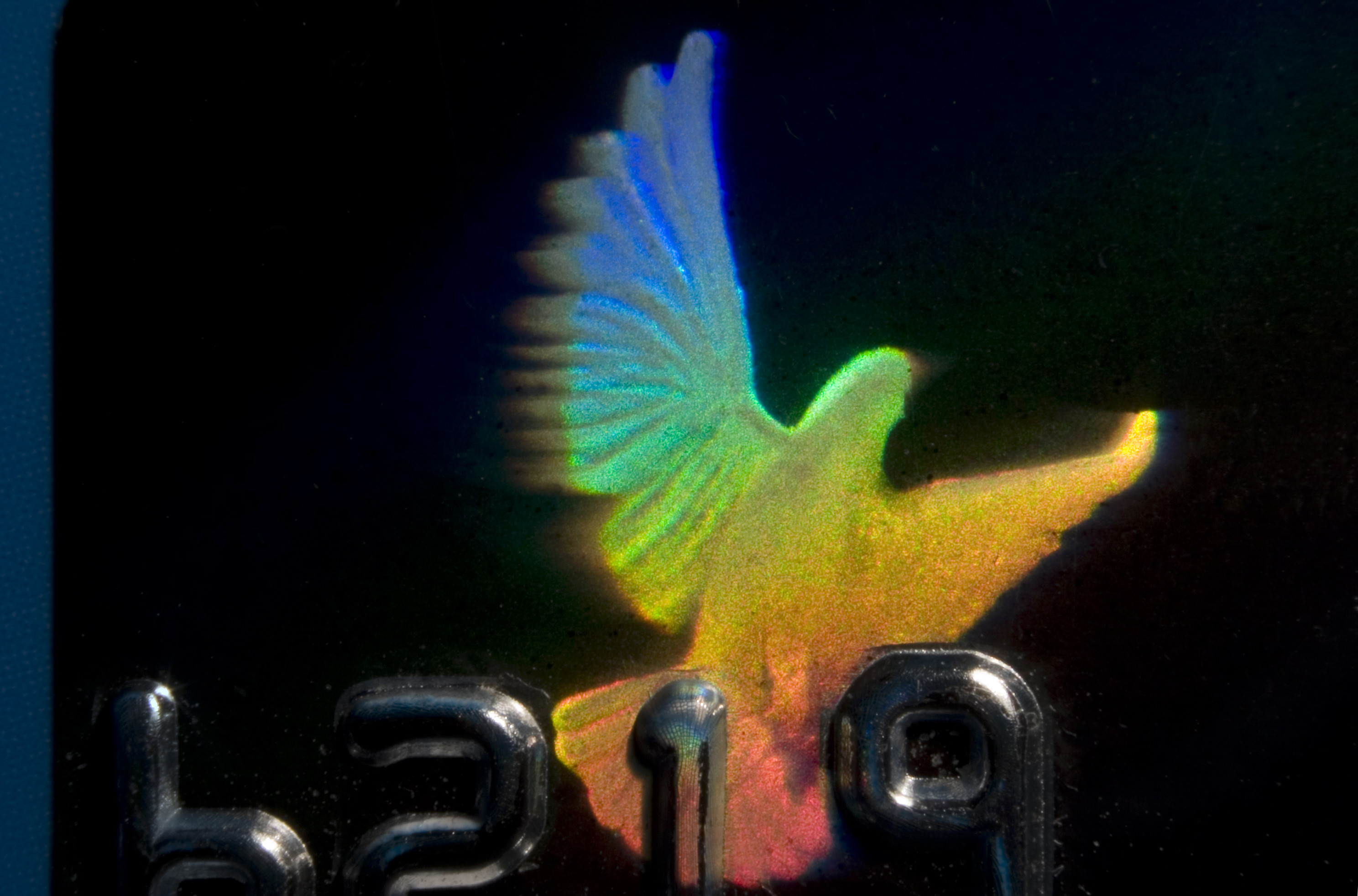Though quantum mechanics is an incredibly successful theory, nobody knows what it means. Scientists now must confront its philosophical implications.
Search Results
You searched for: quantum
The central equation of quantum mechanics, the Schrödinger equation, is different from the equations found in classical physics.
When you combine the Uncertainty Principle with Einstein’s famous equation, you get a mind-blowing result: Particles can come from nothing.
Realizing that matter and energy are quantized is important, but quantum particles aren’t the full story; quantum fields are needed, too.
It’s 2024, and we still only know of the fundamental particles of the Standard Model: nothing more. But these 8 unanswered questions remain.
“Once quantum mechanics is applied to the entire cosmos, it uncovers a three-thousand-year-old idea.”
The quantum world — and its inherent uncertainty — defies our ability to describe it in words.
By probing the Universe on atomic scales and smaller, we can reveal the entirety of the Standard Model, and with it, the quantum Universe.
Sabine Hossenfelder talks about Albert Einstein, dead grandmothers, the physics of aging, and more in this full interview with Big Think.
▸
43 min
—
with
The science fiction dream of a traversable wormhole is no closer to reality, despite a quantum computer’s suggestive simulation.
There could be variables beyond the ones we’ve identified and know how to measure. But they can’t get rid of quantum weirdness.
Isaac Newton and Albert Einstein are locked in an eternal battle over the nature of gravity. Whose side are you on?
What would become the Big Bang model started from a crucial idea: that the young Universe was denser and hotter.
Scientists can make substantial progress without fully understanding exactly what they’re doing.
Two very different ideas, wormholes and quantum entanglement, might be fundamentally related. What would “ER = EPR” mean for our Universe?
It isn’t just identical particles that can be entangled, but even those with fundamentally different properties interfere with each other.
You will need determination, humility, and courage if you are to master anything.
The double-slit experiment, hundreds of years after it was first performed, still holds the key mystery at the heart of quantum physics.
When one path is blocked, a new one must be paved. How Einstein, Heisenberg and Gödel used constraints to make life-changing discoveries:
▸
5 min
—
with
Though he renounced philosophy, Stephen Hawking’s final theory of the universe redraws the basic foundations of cosmology.
Glueballs are an unusual, unconfirmed Standard Model prediction, suggesting bound states of gluons alone exist. We just found our first one.
Quantum superposition challenges our notions of what is real.
They say that nobody understands quantum mechanics. But thanks to these three pioneers in quantum entanglement, perhaps we do.
We are not yet at the point where quantum communications can be deployed to secure the internet, but we might not be far off.
Plants at room temperature show properties we had only seen near absolute zero.
IceCube scientists have detected high-energy tau neutrinos from deep space, suggesting that neutrino transformations occur not only in lab experiments but also over cosmic distances.
Humanity is a type 0 civilization. Here’s what types 1, 2, and 3 look like, according to physicist Michio Kaku.
▸
6 min
—
with
Maybe the brain isn’t “classical” after all.
Holograms preserve all of an object’s 3D information, but on a 2D surface. Could the holographic Universe idea lead us to higher dimensions?
Is science close to explaining everything about our Universe? Physicist Sabine Hossenfelder reacts.
▸
5 min
—
with
